Although it is a winter of discontent in Europe, there was little overt evidence of it in Vienna. It was necessary to queue for about twenty minutes before admission into the Café Central where efficient waiters served the pastries and coffee that the Café has been selling for more than 100 years. The professionalism of European waiters, many of whom are middle-aged or older, unlike here where so often service staff are untrained, or students on their way to different careers, is striking.
As well as being a beautiful city, Vienna is an easy one to navigate. Unlike other great European capitals, the traffic in and about the city centre is light. Many of the places to visit are within easy walking distance of one another. We stayed a few hundred metres from the cathedral. The hotel was in a building completed in 1910 to house the Bank of Austria. It contained some marvellous Art Nouveau and early Deco features. The enormous bank vault in the basement was now the site of an elegant, heated swimming pool. Its size was an indication of the wealth and power of the Hapsburg Empire before that fateful day of assassination in June 1914 in Sarajevo.
At the Belvedere there were special exhibitions of Klimt’s and Schiele’s works. It was not as if he needed it, but I am sure that Helen Mirren’s Woman in Gold film has done more than a little to enhance Klimt’s reputation. Apart from the angularity of some of their figures, Klimt’s and Schiele’s works are quite different. Great art triggers reflections and comparisons. The name Freud will always be associated with Vienna. Some of the Schieles reminded me of the work of Lucian Freud. I thought I could discern the influence of Schiele upon his paintings. Best, however, was the exhibition which we caught on its last day of Pieter Bruegel’s works which included the fabulous Tower of Babel.
Discontent was very obvious in Paris. Late on a Saturday, the traditional day in Paris for a manifestation, I had to walk from the left bank across the Pont Neuf which had been closed to motor traffic. It was necessary for me to pass through columns of yellow jackets carrying banners and chanting slogans. They and I had made an unspoken compact that we would not make eye contact. I passed peacefully between them. It was more willing, as it were, on the Rue de Rivoli as I made my way towards my hotel. The marchers were denser there and their chants louder. The staff of the shops and hotels along the street were pulling their steel shutters down, and locking their doors. As a security guard moved to unlock the front door of the hotel for me, I heard the discharge of tear gas and caught a faint, acrid whiff of it.
I discussed the disturbances with a French lawyer at the conference I was attending. I recalled to him a conversation that I had had in Paris many years ago with the chief executive of a French company involved in litigation in Australia. My instructing solicitor and I had been ushered into the chief executive’s office with an apology from his secretary that her boss was regrettably delayed. We did not have to wait long for him to come in and politely introduce himself. He looked agitated. After a few pleasantries he said his company was in chaos, ‘Paris was in chaos, France was in chaos, France was always in chaos’, before excusing himself. The French lawyer responded that his country was a country of revolutions, some important some unimportant. This was a little one. So long as the demonstrators confined themselves to the destruction of those threats to pedestrians on the trottoirs, the motorised scooters, as they then seemed to be doing, there was nothing to worry about.
The only topic in London was Brexit. The Times newspaper has, almost from its inception, reported a notable legal case weekly. It seemed to me to be ironic that the one reported when I was there was a case in which the European Court of Justice had held that it was permissible for the United Kingdom Parliament to legislate to ban the sale of snuff in the United Kingdom. That the EU Court might be the ultimate arbiter of an issue like that, says a great deal about abdication of sovereignty.
I have long been sceptical about the supposition that taxi drivers are reliable barometers of public opinion. In a foreign country, I have also always been careful about volunteering opinions about its politics. Almost every time I got into a taxi cab, the driver would ask me where I was from, and then, my opinion of Brexit. I adopted the proved strategy of deflecting the question by asking the same question. I kept a score of the answers. For what it is worth, five taxi drivers (owners) were in favour of Brexit and one was against. I refrained from saying that I could not understand how anyone could expect to negotiate a good deal, by not making it clear at the outset that no deal was an entirely acceptable alternative. I also refrained from saying that it was hard to understand how a competent civil service, assisted if necessary by skilled, experienced, external lawyers, would not be able to draft legislation for an exit without a deal in the two years or so that have elapsed since the referendum. Nor did I say that the idea of disobedience to the result of a referendum was not only unthinkable, but also would be illegal in Australia. Thank God for our founders and their written Constitution which contains section 128. For good legal reasons, Australia would be unable to enter into a federation like the EU without a referendum. One of those reasons is that Chapter III of our written Constitution prevents any interference with the jurisdiction and finality of the High Court.
Got something to add? Join the discussion and comment below.
Get 10 issues for just $10
Subscribe to The Spectator Australia today for the next 10 magazine issues, plus full online access, for just $10.
You might disagree with half of it, but you’ll enjoy reading all of it. Try your first month for free, then just $2 a week for the remainder of your first year.

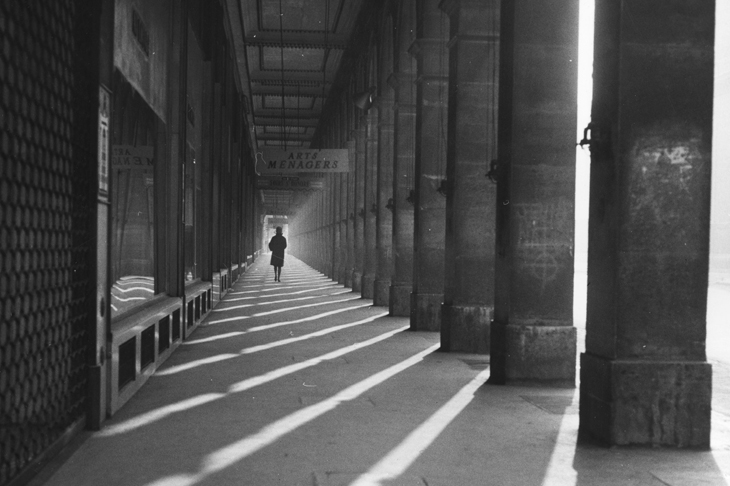
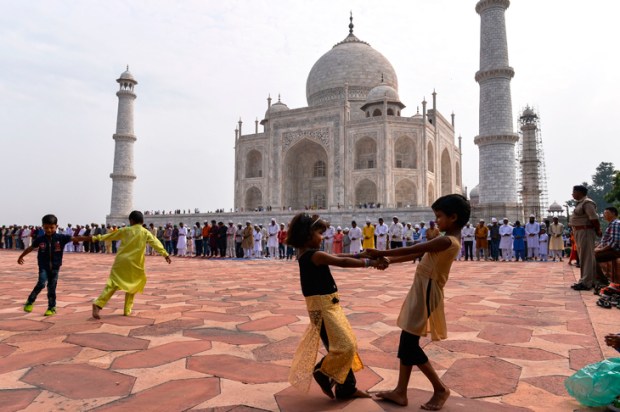
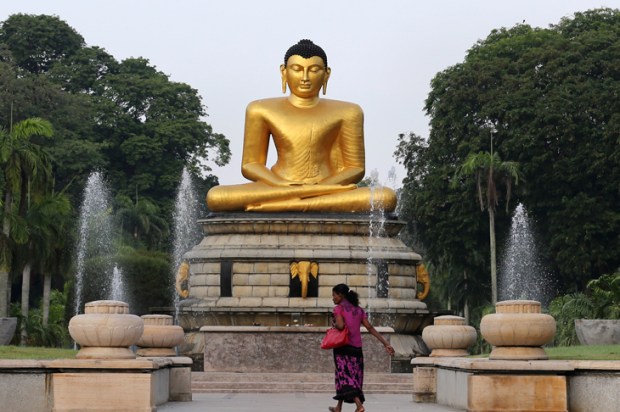
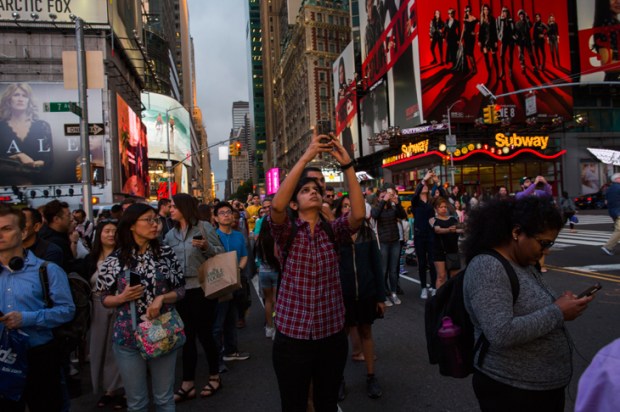


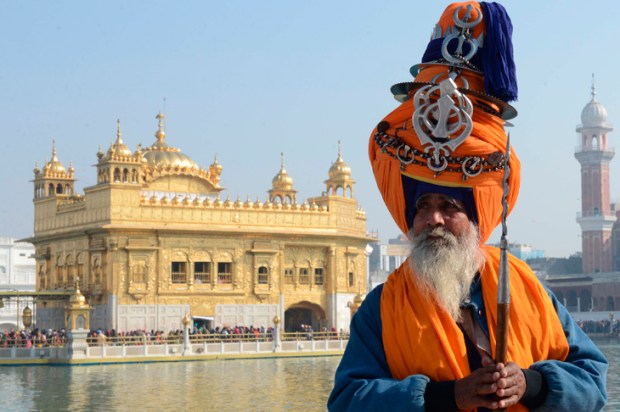






Comments
Don't miss out
Join the conversation with other Spectator Australia readers. Subscribe to leave a comment.
SUBSCRIBEAlready a subscriber? Log in